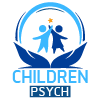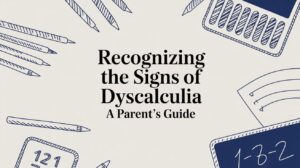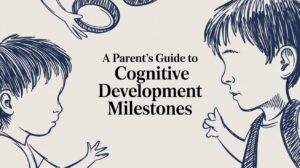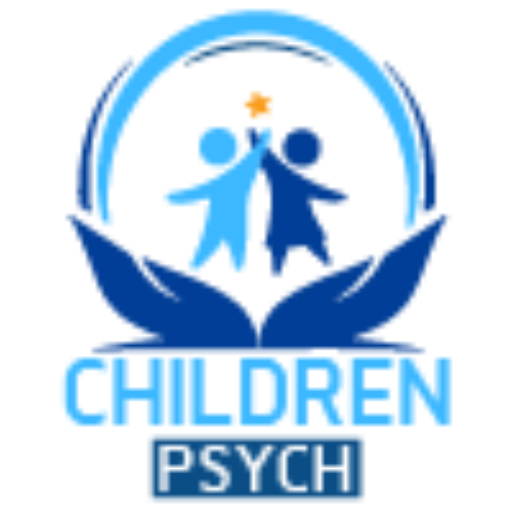Depression is a mental disorder that plagues people of all ages. According to the World Health Organization, roughly 5% of adults suffer from depression. Depression causes many emotional and physical concerns and decreases a person’s ability to function at work or school.
Depression is a severe mental illness affecting people of all ages, including children and adolescents. While it is often considered an adult illness, depression does not discriminate and can profoundly impact young people.
There are several ways to identify depression in children. Some common signs and symptoms include withdrawal from friends and activities, changes in eating and sleeping habits, and a general feeling of sadness or hopelessness. If your child exhibits any of these symptoms, it is essential to talk to a healthcare professional to determine if they are experiencing depression.
There are a few key things to look for when trying to spot signs of depression in a child. Kindly observe if your child has lost interest in activities they used to enjoy. It is wise to identify these so that you can immediately seek professional support from a child psychiatrist.
Sadness
Many things can cause children to feel sad, such as losing a loved one, struggling with schoolwork, or feeling left out. If you can, try to figure out what is causing your child to feel this way and offer them support. In most cases, sadness will go away on its own after a few days. However, if the sadness persists or worsens, it could signify depression.
Depressed children may have a general sadness about their life and future. Or they do not understand why they are sad. They might frequently cry for no apparent reason. Sadness that lingers is a reason to talk to a child psychiatrist.
Withdrawal from Friends and Family
Most kids will go through a period where they change friends and spend more time with their peers than their parents. It is a normal and essential part of development that should not be confused with social withdrawal.
When a child is experiencing depression, they may socially withdraw as a way of coping. It can lead to negative social experiences, which can, in turn, reinforce the child’s depressive symptoms.
Withdrawal from friends and family can be a sign of depression in children. It is because depression can lead to a loss of interest in social activities and a withdrawal from others. If your child exhibits these signs, you must talk to a doctor or mental health professional to get a proper diagnosis and treatment plan.
Losing Interest in Activities
A child with depression may lose interest in activities they once enjoyed or may seem disinterested in things happening around them. It can signify something is wrong, and you should talk to your child’s doctor.
A depressed child may have a hard time finding joy in anything. Your child might be indifferent to many things. Depressed kids often seem to be just going through the motions without any joy or pleasure in their actions.
Conclusion
There are many signs of depression in kids, and they must be aware of them to get the help they need. If you are anxious that your child might be depressed, you must talk to a doctor or mental health professional.
If you think your little one needs professional help, you should only reach out to a reputable child psychiatrist. At Children Psych, we will support your child to cure him of his despair. So, book an appointment now!




